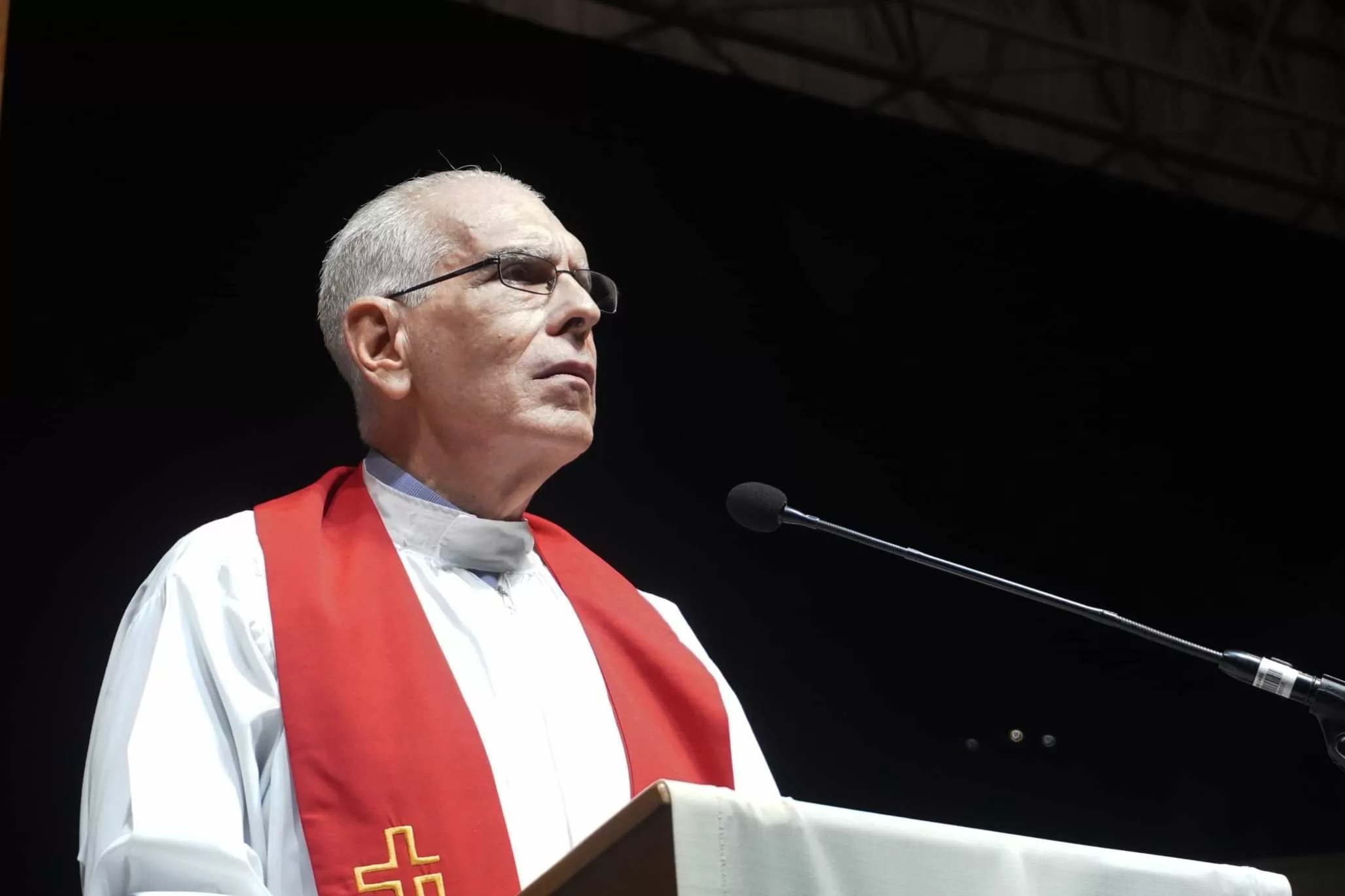Cardenal said that if the Salvadoran president is as popular as his officials claim, why have there been so many violations of the electoral law in the run-up to the 2024 elections?
In June 2023, the magistrate of the Supreme Electoral Tribunal, Julio Olivo, criticized the electoral modifications made by the ruling party in recent months and pointed out that these are not “cosmetic changes,” but have altered the rules established in the Constitution.
Experts have criticized the repeal of Article 291 of the Electoral Code, which prohibited making electoral reforms one year before the elections. The absence of an electoral roll for in-person voting abroad, the amendment so that votes from abroad are directed to the San Salvador constituency, the reduction of deputies and municipalities in the country, as well as the modification of the proportionality method—from Hare to D’Hondt—are some of the changes questioned by specialists.
In this context, Cardenal says that in addition to the fact that a second consecutive term is illegal in El Salvador, why does so much illegality surround the reelection process?
Cardenal believes that the president’s popularity may not be as widespread as the president and his officials say, as his government “is about appearances” and hides reality.
“The approach that the president has given to the current administration is to stage spectacles,” said the Jesuit, mentioning the Miss Universe event, the speech about Bitcoin earnings, and the new library.
The priest says that if this is combined with the discontent of informal vendors, families of victims of the state of emergency, veterans, and other sectors, it could mean a loss of votes in favor of the president, and that is why there is a bet on the vote abroad. However, the religious man foresees that there may be Salvadorans who prefer to abstain from voting.
On the other hand, Cardenal considered that the opposition candidates do not represent alternatives to the ruling party for the citizens, looking ahead to the next elections.
“They have no presence and people do not talk about them because they have not listened and do not articulate the discomfort of Salvadorans,” he concluded.
Si el presidente tiene tanta popularidad ¿Por qué tanta ilegalidad envuelve el proceso de reelección?: Rodolfo Cardenal
Cardenal dijo que si el mandatario salvadoreño tiene tanta popularidad como dicen sus funcionarios, ¿por qué razón se han dado tantas vulneraciones a la ley electoral, de cara a las elecciones del 2024?
En junio del 2023, el magistrado del Tribunal Supremo Electoral, Julio Olivo, criticó las modificaciones electorales realizadas por el oficialismo en los últimos meses y señaló que estas no son “cambios cosméticos”, sino que han trastocado las reglas establecidas en la Constitución.
Expertos han criticado la derogatoria del artículo 291 del Código Electoral, que prohibía hacer reformas electorales un año antes de los comicios. La ausencia de padrón electoral para el voto presencial en el exterior, la enmienda para que los votos del extranjero se dirijan a la circunscripción de San Salvador, la reducción de diputaciones y municipios del país, así como la modificación del método de proporcionalidad -de Hare a D’Hondt-, son algunos de los cambios cuestionados por especialistas.
Ante este panorama, Cardenal dice que además de que es ilegal un segundo mandato consecutivo en El Salvador ¿Por qué tanta ilegalidad envuelve el proceso de la reelección?
Cardenal considera que la popularidad del presidente puede que no sea tan amplia como dice el mandatario y sus funcionarios, pues su gobierno “es de apariencias” y esconde la realidad.
“El enfoque que ha dado el mandatario a la actual gestión, es el de montar espectáculos”, dijo el jesuita, al mencionar el evento Miss Universo, el discurso sobre ganancias de bitcóin y la nueva biblioteca.
El sacerdote dice que si esto se une al descontento de vendedores informales, familias de víctimas del régimen de excepción, veteranos y otros sectores puede significar una pérdida de votos, a favor del mandatario y por eso se le apuesta al voto en el exterior. Sin embargo, el religioso prevé que pueda haber salvadoreños que prefieran abstenerse de ir a votar.
Por otra parte, Cardenal consideró que los candidatos de la oposición no representan alternativas al oficialismo para la ciudadanía, de cara a las próximas elecciones.
“No tiene presencia y la gente no habla de ellos porque no han escuchado y no articulan el malestar de los salvadoreños”, concluyó.

